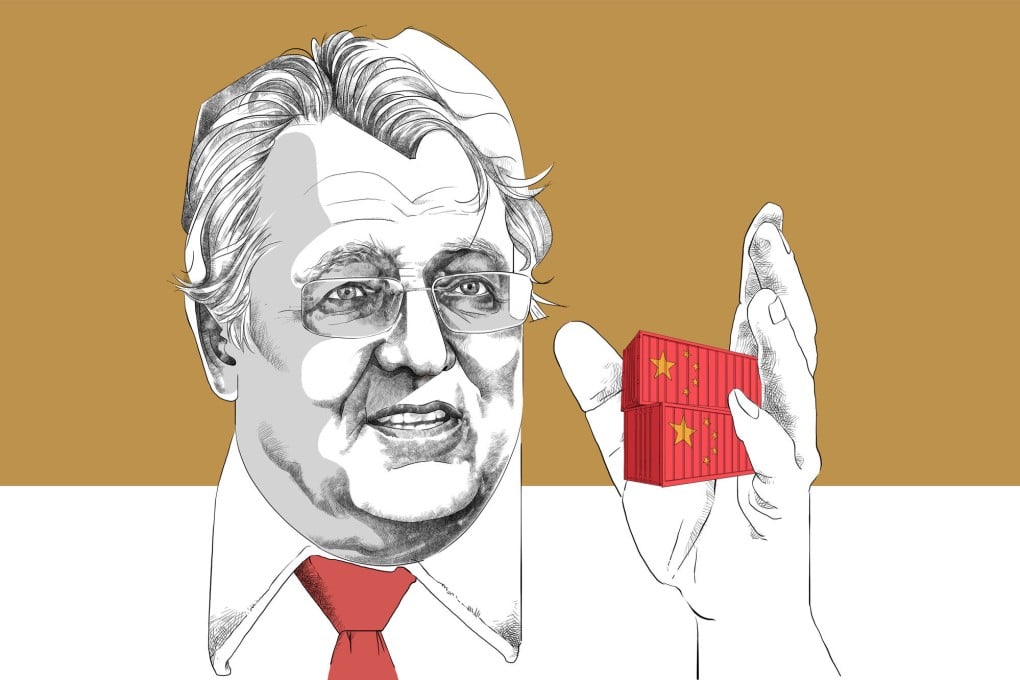Open Questions | ‘Fitness centre China’: world champion in development can do more, solve overcapacity, top business leader Joerg Wuttke says
- Joerg Wuttke, the seasoned China hand, explains the magic of China but warns hubris could rear its head if lessons are not learned from other economies
- He also discusses China’s tensions with the US and European Union, Beijing’s role in the Ukraine war and the impact of overcapacity

In the past four decades, China came out of nowhere to become the world’s second-largest economy. As a foreigner who has lived in the country for more than three decades, what has been the biggest change to you, and which officials have impressed you most?
I had the privilege of being here for the first time in 1982 when China was just about opening up. China was very poor then, but it had visionary leaders who wanted to break with the past. My admiration belongs primarily to Deng Xiaoping who made the transition and learned from abroad, which started with learning from Hong Kong, with the spillover into Shenzhen, Guangdong and scaling up in the country.
It is very important that leaders can facilitate change in a language that people not only understand but also put into action. Deng took a journey to the south in 1992 to get the country out of the woods of June 1989. He also had someone who actually facilitated the change.
The other man I admire nearly as much as Deng Xiaoping is [former] prime minister Zhu Rongji, who was very unusual in his wit, criticism and dynamics. China’s trade minister, Wang Wentao, is very open-minded and very smart in defending the country’s positions, while being able to understand concerns of foreign business.
The most important visual change is that China was trying to learn from the West how to build cars. In a way, it never really succeeded, though it is the biggest market. Now China has unlearned how to build cars and developed electric vehicles. It has taught us a lesson on how to build mobile phones on wheels. That is the magic of China.
